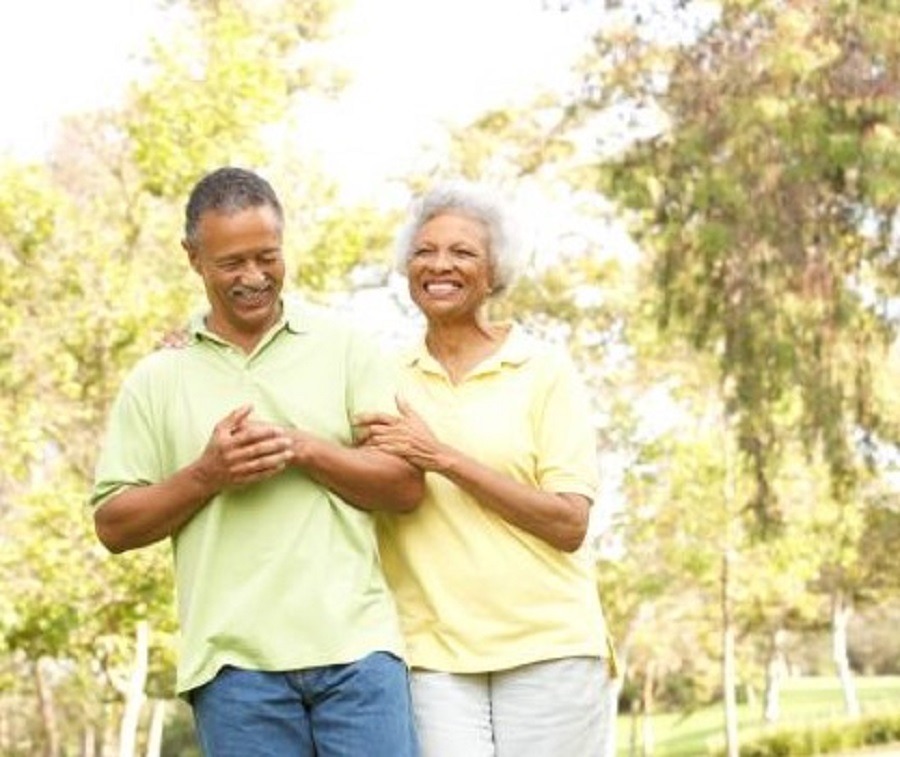Caring for Someone with Parkinson’s

April is Parkinson Awareness Month. Parkinson’s disease is a neurological disorder that affects a person’s ability to control his or her movements. Each case is different, and needs to be treated uniquely. People who are diagnosed with Parkinson’s can often live without help for the first few years but may need more help as the disease progresses.
Symptoms
Some common symptoms of Parkinson’s are:
- Tremor
- Difficulty with fine motor skills
- Difficulty balancing
- Moving more slowly
- Becoming stiff
- Little facial expression
Causes
Someone who has Parkinson’s has deterioration or impairment in some of the nerve cells in their brain. The nerve cells don’t create enough dopamine, which means that messages that are sent from the brain to different parts of the body are not received properly. That’s why those who have Parkinson’s often have difficulty with motor control. Currently the cause of the disease is unknown.
What can you do?
- Learn as much as you can. The more you know the more you can help and better understand what is happening to your loved one. This will help you make informed decisions in the future.
- Pay attention to your loved one’s mood. Half of people who develop Parkinson’s also develop depression. Be on the lookout for differences in behaviour and mood.
- Keep in mind that things change. This disease is one that changes and worsens over time, so how you care for your loved one will have to change as well. At the beginning the focus of care may be more on emotional support whereas later you will have to focus on physical support.
- Know when to let them do things themselves. Encourage your loved one to try to be active and participate in normal day-to-day activities. In most cases, before the disease becomes severe they are still capable of doing everyday things, it just might take them some extra time. Their abilities may change throughout the day depending on their medication so pay attention to when they are most active and encourage them to be as independent as possible during that time.
- Modify your home as necessary. Rearrange furniture, attach grip bars, rails, etc. to help prevent falls.
- Eat a well-balanced diet and exercise. A diet low in fat and high in fruits and vegetables is recommended as well as being physically active. Stretching is great for joints and to increase their range of motion.
- Take care of yourself. To care for someone else you have to make sure that you are cared for. Ask for help if you need it, and if someone offers to help, accept. Respite care is also available if you need a break. It can also help to connect to others who are in the same situation by joining a support group.
Sources
http://pdcaregiver.org/ProvidingCare.html
http://www.ehow.com/how_4678920_care-someone-parkinsons-disease.html
http://www.parkinsons.org.uk/advice/carers/caring_for_someone.aspx
http://www.webmd.com/parkinsons-disease/guide/parkinsons-disease-home-treatment
